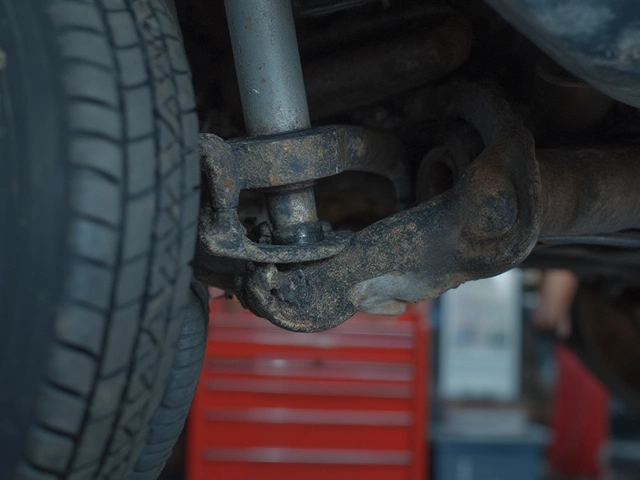Synthetic vs Conventional Oil: What’s the Real Difference?
When it comes to keeping your engine happy, oil choice matters more than most drivers think. Synthetic and conventional oils both lubricate, cool, and clean, but they do it in very different ways. If you’ve ever wondered whether the pricier synthetic oil is worth the extra cash, you’re in the right place. Let’s break down the facts so you can decide what works best for your car and your wallet.
Performance and Protection
Synthetic oil is engineered molecule‑by‑molecule to stay stable at high temperatures and low‑temperature starts. That means it maintains its thickness (viscosity) longer, giving better protection when your engine is revving hard or when it’s freezing outside. Conventional oil, on the other hand, is refined from crude oil and can thin out faster under heat. The result? Synthetic oils often provide cooler running temps, reduced wear, and longer intervals between oil changes.
But you don’t need synthetic for every car. Older engines with high mileage sometimes prefer conventional oil because the additives can help seal gaps that have formed over time. If your car’s manual recommends a specific grade, stick to it – manufacturers know what their engines need.
Cost, Longevity, and Fuel Economy
Synthetic oil costs about 2‑3 times more per litre than conventional oil. However, you usually change it every 7,500–10,000 miles versus 3,000–5,000 miles for conventional. Over several years, the price gap narrows, especially when you factor in fewer oil changes and better fuel economy. Synthetic’s smoother flow reduces engine friction, which can shave a few percent off your fuel use – that’s noticeable if you drive a lot.
For short‑trip drivers who do a lot of city stop‑and‑go, the high‑temperature stability of synthetic can prevent oil breakdown that leads to sludge. If you mostly cruise on highways and trust your car’s routine maintenance, conventional oil may still do the job without breaking the bank.
So, which should you pick? Think about three things: your driving habits, your engine’s age, and your budget. If you push your car hard, tow heavy loads, or live in extreme climates, synthetic is a safe bet. If you have a high‑mileage vehicle and stick to regular oil changes, conventional can keep you moving for less money.
Never ignore the oil change schedule in your owner’s manual. Skipping changes or using the wrong grade can cause serious damage, no matter how fancy the oil is. And if you’re ever unsure, a quick chat with your local garage – like Northwich Tyres Centre – can clear up which oil matches your car’s needs.
Bottom line: synthetic oil offers superior protection, longer life, and better fuel efficiency, but it comes at a higher upfront cost. Conventional oil is cheaper now but may need more frequent changes. Choose the one that fits how you drive and how often you’re willing to service your car, and you’ll keep the engine running smooth for years to come.
 4 July 2025
4 July 2025
When to Avoid Full Synthetic Oil: Risks, Myths, and Real-World Scenarios
Synthetic oil isn’t always the right fit. Find out the real-life situations and myths about when to skip full synthetic oil for your engine’s health.
Latest Posts
-

Exploring Diverse Exhaust Systems: A Deep Dive into Their Types and Functions
-

Does a MERV 13 Air Filter Harm Your AC? Pros, Cons, and Real-World Tips
-

What Is the Most Common Problem in a Suspension System?
-

Why Do Fuel Pumps Fail? Causes You Need to Know
-

Bad Struts Symptoms: Signs Your Car Suspension Needs Attention
Tags
- car maintenance
- engine oil
- spark plugs
- brake pads
- engine performance
- vehicle maintenance
- spark plug replacement
- windshield wipers
- fuel pump
- suspension parts
- clutch replacement
- oil change
- clutch kit
- car performance
- air filters
- car suspension
- car radiator
- exhaust systems
- engine misfire
- fuel pump failure

0